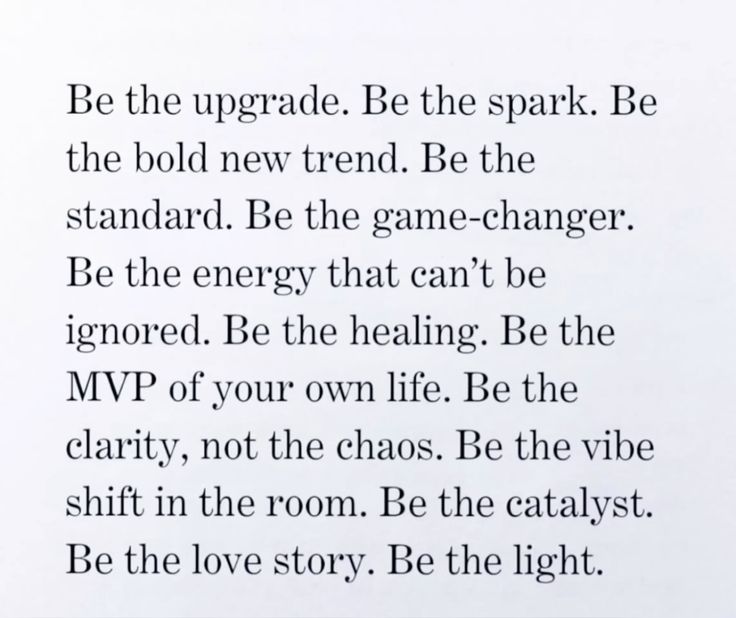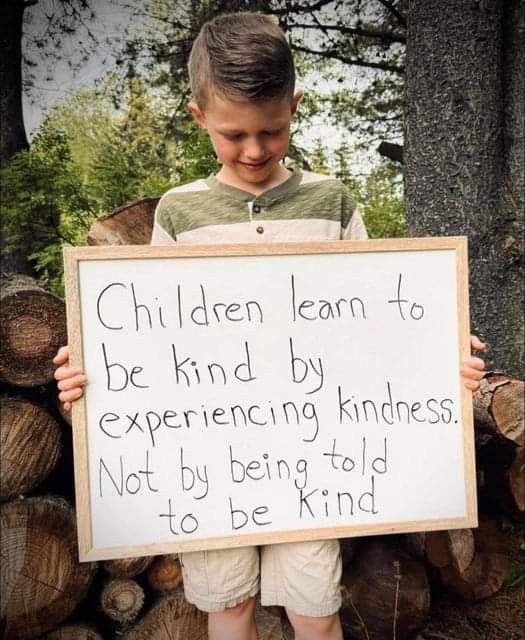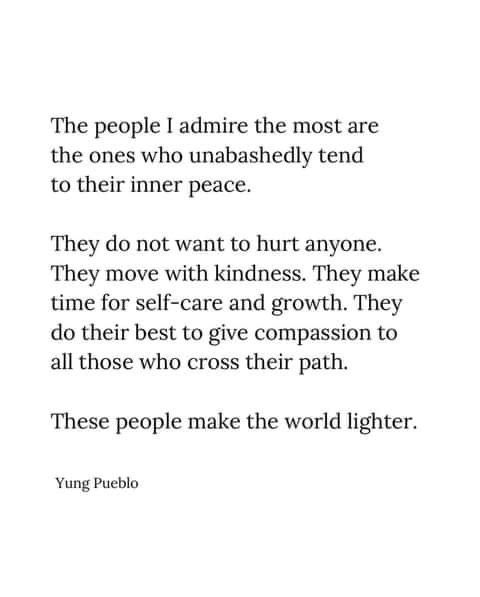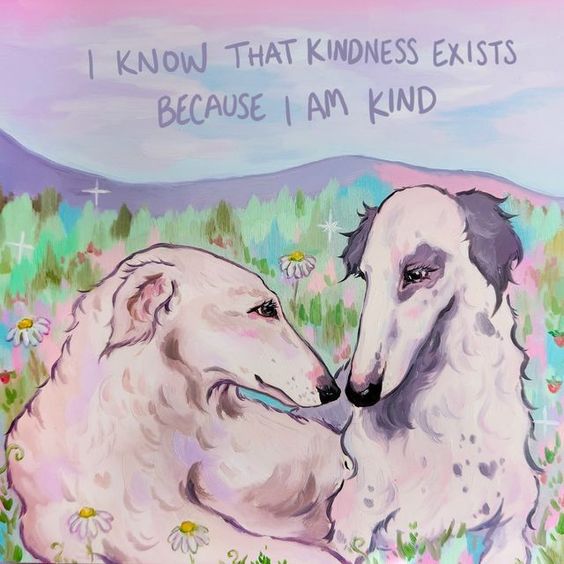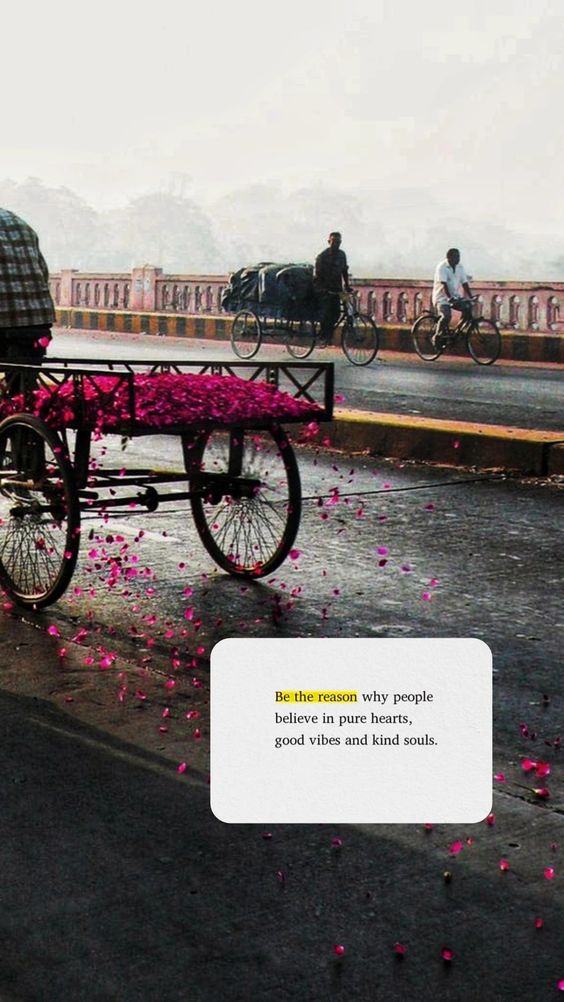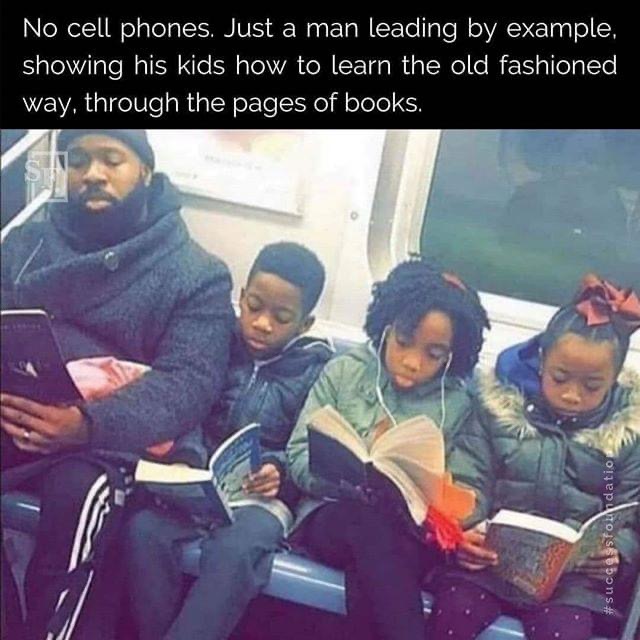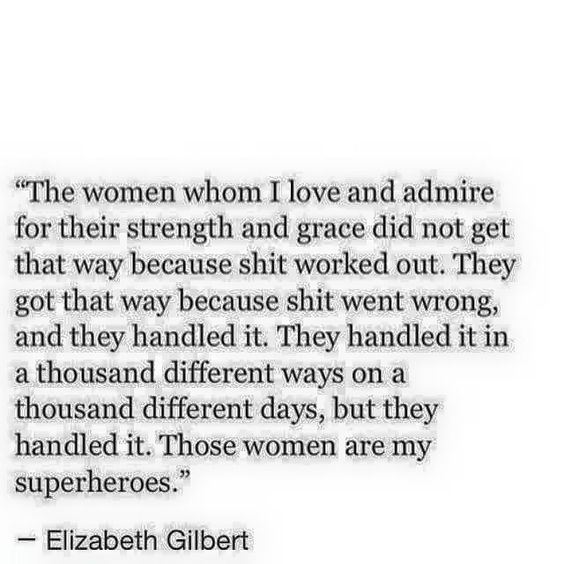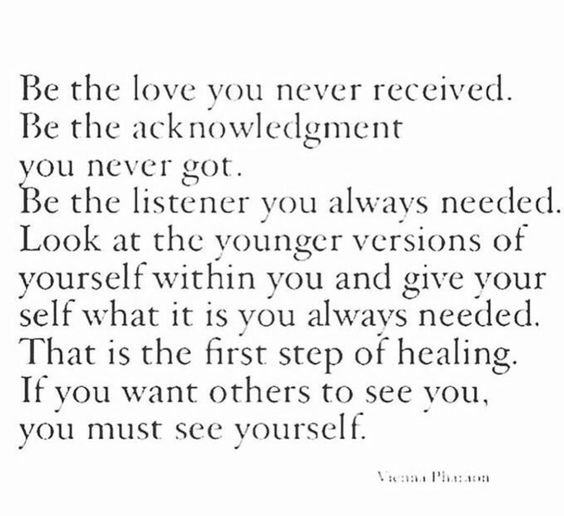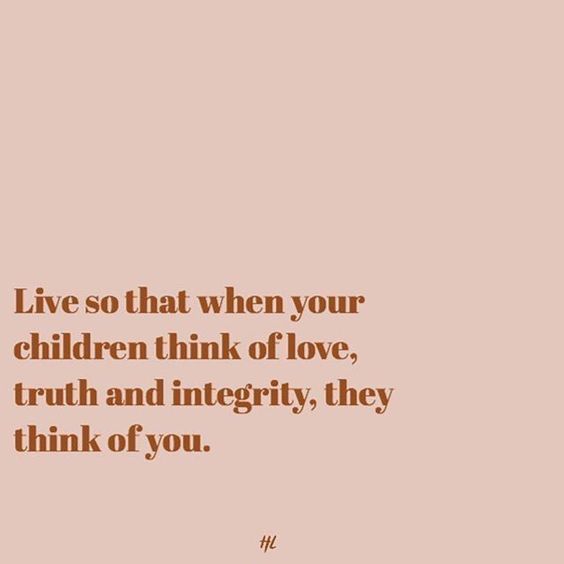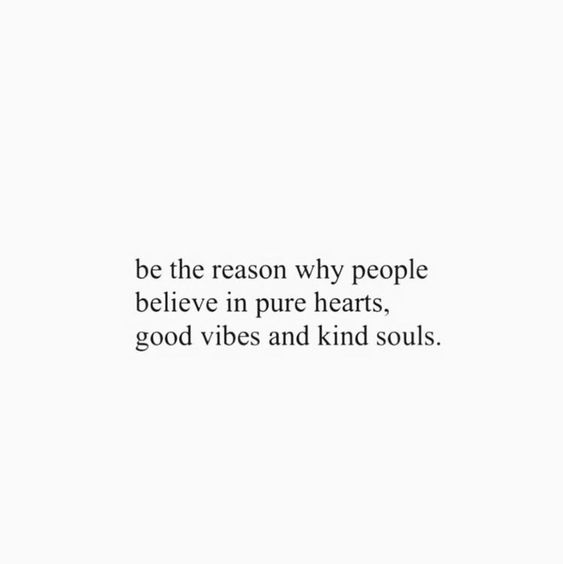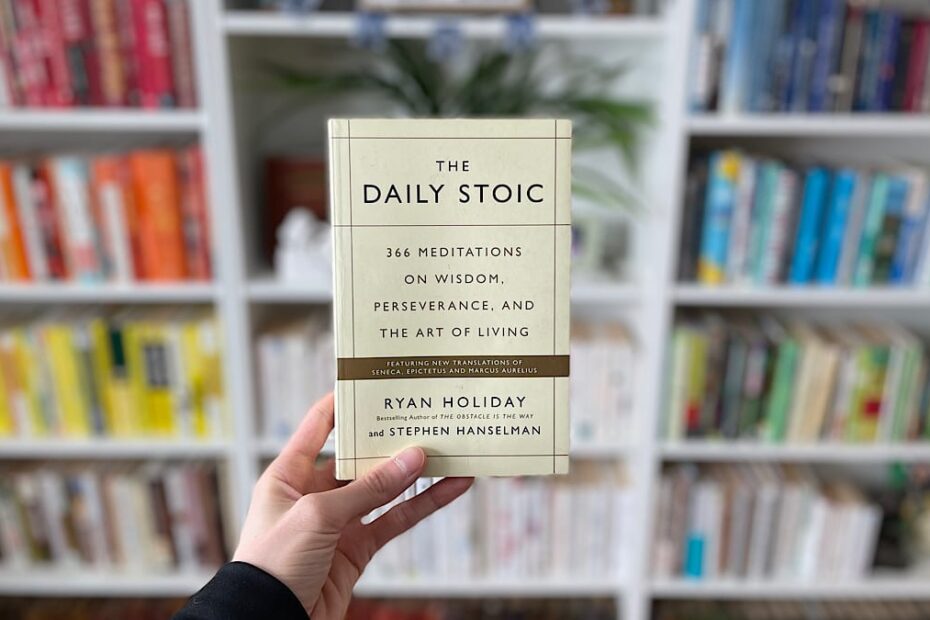“A woman once came to Gandhi with her child, concerned about her child’s habit of eating too much sugar. Knowing how much her child respected Gandhi, she asked him, ‘Could you please tell my daughter to stop eating sugar?’ Gandhi listened and then replied, ‘Please come back in two weeks.’ The woman and her child returned two weeks later. This time, Gandhi simply told the child, ‘Please do not eat sugar.’ Grateful, the mother thanked him, but she couldn’t help asking, ‘Why did we need to wait two weeks for you to say that?’ Gandhi said, ‘Two weeks ago, I was eating sugar.’“
Unknown
“My job as a teacher was to help them breathe with excellence and discipline in the classroom. The ones that love you, they become what you model. Don’t forget that. Help them breathe by modeling responsible love in the classroom every single day. The most important thing a teacher can do is give their students permission to be loving and excellent.”
Kiese Laymon’s mom, Heavy (Page 180)
“Young people do not assimilate the values of their group by learning words (truth, justice, etc.) and their definitions. They learn attitudes, habits and ways of judging. They learn these in intensely personal transactions with their immediate family or associates. They learn them in the routines and crises of living, but they also learn them through songs, stories, drama, and games. They do not learn ethical principles; they emulate ethical (or unethical) people. They do not analyze or list the attributes they wish to develop; they identify with people who seem to them to have these attributes. That is why young people need models, both in their imaginative life and in their environment, models of what—at their best—they can be.”
John W. Gardner, Self-Renewal (Page 124)
“There’s so much messaging today about how you always have to be yourself and trust your feelings. But I tell people, ‘be un-you.’ Like, what is the opposite of what you feel like doing right now? Or who is someone you really admire—what would they do in this moment? And I actually think that can get us closer to the versions of ourselves that we would like to be…Separating oneself from one’s impulse, taking a healthy step back and gaining some distance between what you feel like doing and what’s actually going to help you—you’ll make a better choice.”
Dr. Samantha Boardman
“I’d rather see a sermon than hear one any day;
I’d rather one should walk with me than merely tell the way.
The eye’s a better pupil and more willing than the ear,
Fine counsel is confusing, but example’s always clear…”
Edgar Guest, The Sermons We See (via Will page 301)
“Talking and reasoning does not even have one thousandth the influence a true example has. All lessons about how to behave are worthless when children see the opposite in real life.”
Leo Tolstoy, A Calendar of Wisdom (Page 373)
“Good books are a good influence. Good art is a good influence. Prayer is an influence as well. But the strongest influence is the example of a good life. A good life becomes a blessing for people, not only for those who live good lives but those who can see, know, and understand such lives.”
Leo Tolstoy, A Calendar of Wisdom (Page 343)
“You should behave in such a way that you can say to everybody, ‘Behave as I do.'”
Immanuel Kant, A Calendar of Wisdom (Page 152)
26 Seneca Quotes from The Daily Stoic on Vices, Virtues, and Fulfillment
Excerpt: These Seneca quotes from The Daily Stoic offer timeless wisdom for better living. Wisdom that, when applied, can become a “ruler” for life…
Read More »26 Seneca Quotes from The Daily Stoic on Vices, Virtues, and Fulfillment
“Choosing the right mentor is like being able to choose your own parents; the wrong choice is fatal.”
Robert Greene, The Daily Laws (Page 57)
